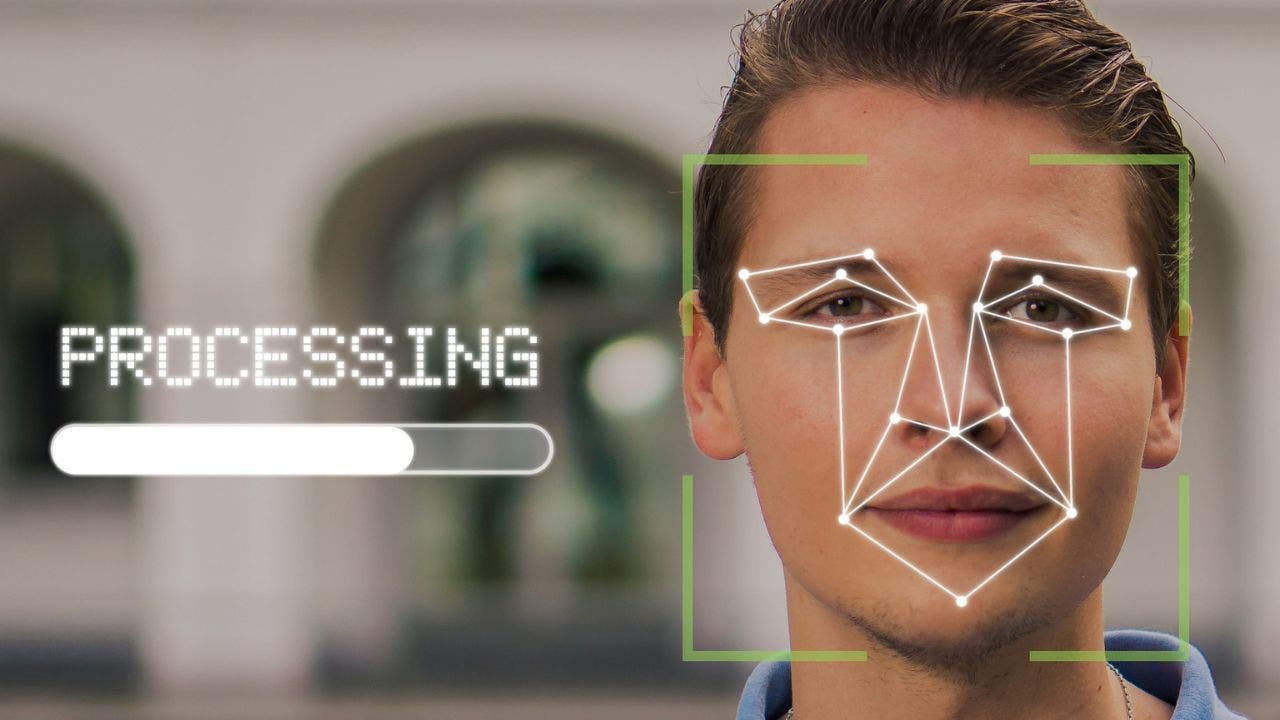Imagine the excitement of going to a baseball game and gaining entry just by flashing a smile at a camera. This is the new reality for fans at stadiums equipped with facial recognition technology. Facial recognition is gaining popularity in sports venues worldwide, especially during the MLB playoffs. More than 20 stadiums are already using or testing this technology, and many others are considering its implementation.
Facial recognition is a type of artificial intelligence (AI) that can analyze facial features to identify and verify individuals. By scanning your face and matching it with a database of ticket holders, this technology allows for a seamless entry into the stadium. It serves various purposes, including security, convenience, personalization, and marketing.
AI integration has become ubiquitous in our lives, and it is now making its way into professional sports. Teams primarily use AI to enhance the fan experience, gather real-time data on players and opponents, improve internal corporate workflow, and implement facial recognition systems.
Stadiums across the country are starting to introduce facial recognition kiosks, aiming to eliminate paper ticket sales and make your face your ticket. More than 50 professional stadiums are planning to integrate this technology soon, while many others are already testing or using it. The list includes notable stadiums such as Citi Field, Citizens Bank Park, Mercedes-Benz Stadium, Empower Field at Mile High, FirstEnergy Stadium, Progressive Field, Pechanga Arena, Lower.com Field, the Rose Bowl Stadium, FedEx Field, Hard Rock Stadium, Sun Devil Stadium, and Tropicana Field.
Despite its growing popularity, facial recognition technology faces controversy. Some of its benefits for sports venues include frictionless and contactless entry, improved fan experience and safety, enhanced security and crowd management, and better fan engagement and personalization. However, challenges and risks come with using this technology. Privacy concerns, accuracy issues, bias, and consent are some of the ethical and social aspects that raise concerns. Skepticism and fear towards AI and the lack of regulation add to these concerns. Misuse or abuse of biometric data and the sharing of data with law enforcement also pose potential threats.
To address these concerns, opting out of facial scans whenever possible is advisable. In some cases, alternative identification or verification methods may be available, such as using a physical ticket instead of facial recognition.
In conclusion, the use of AI and facial recognition in sports stadiums is inevitable, despite the controversies surrounding it. In the coming years, the majority of sports venues are likely to adopt this technology. While it offers benefits like faster entry, enhanced security, and personalized experiences, concerns about privacy, accuracy, and ethics remain. Whether facial recognition is seen as a positive or negative development for the sports industry is subjective and up for debate.
To stay updated with tech tips and security alerts, subscribe to the free CyberGuy Report Newsletter on Cyberguy.com.
Denial of responsibility! Vigour Times is an automatic aggregator of Global media. In each content, the hyperlink to the primary source is specified. All trademarks belong to their rightful owners, and all materials to their authors. For any complaint, please reach us at – [email protected]. We will take necessary action within 24 hours.


